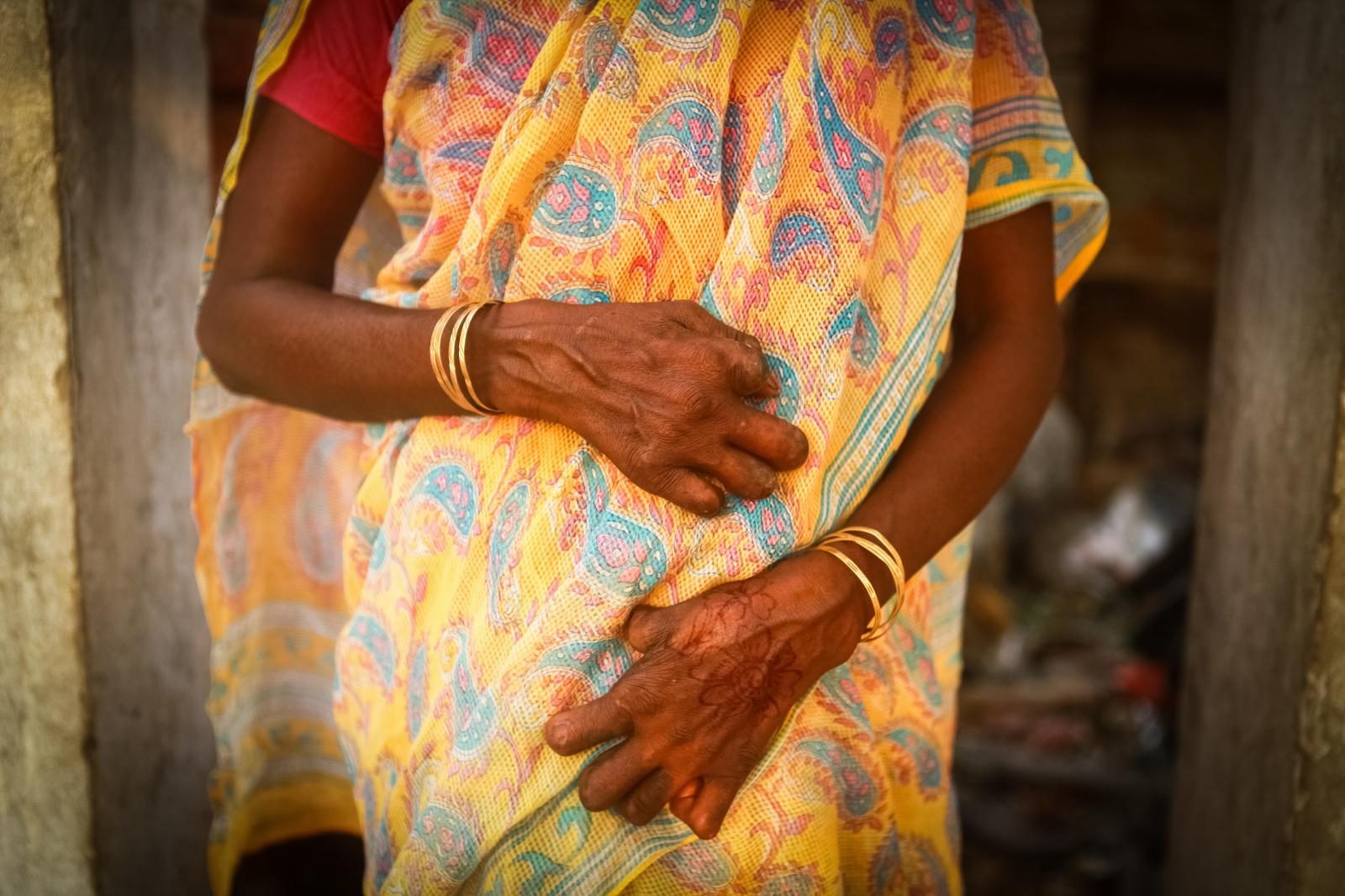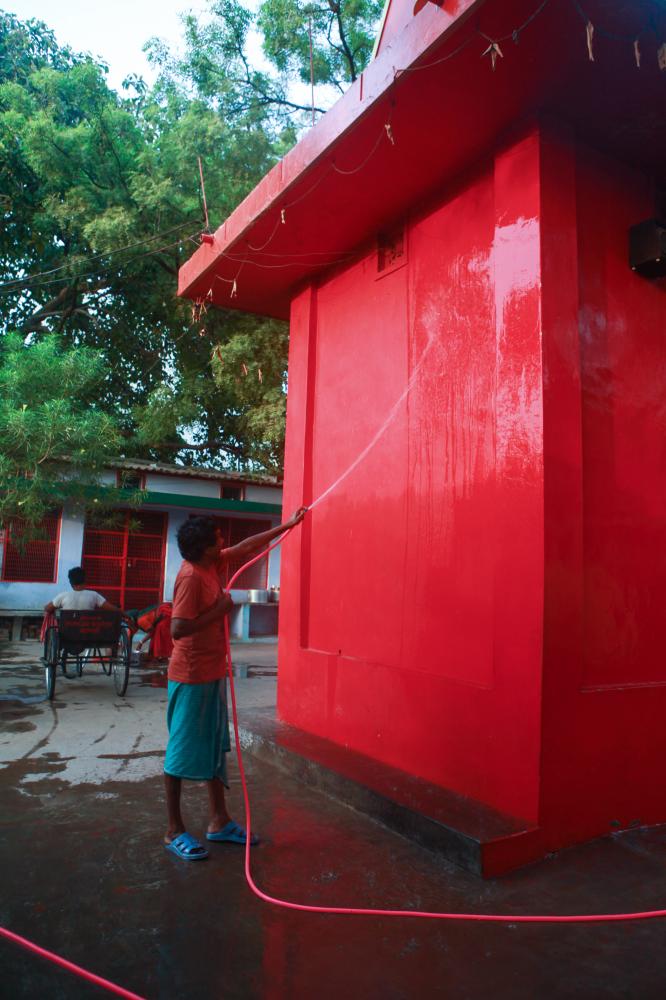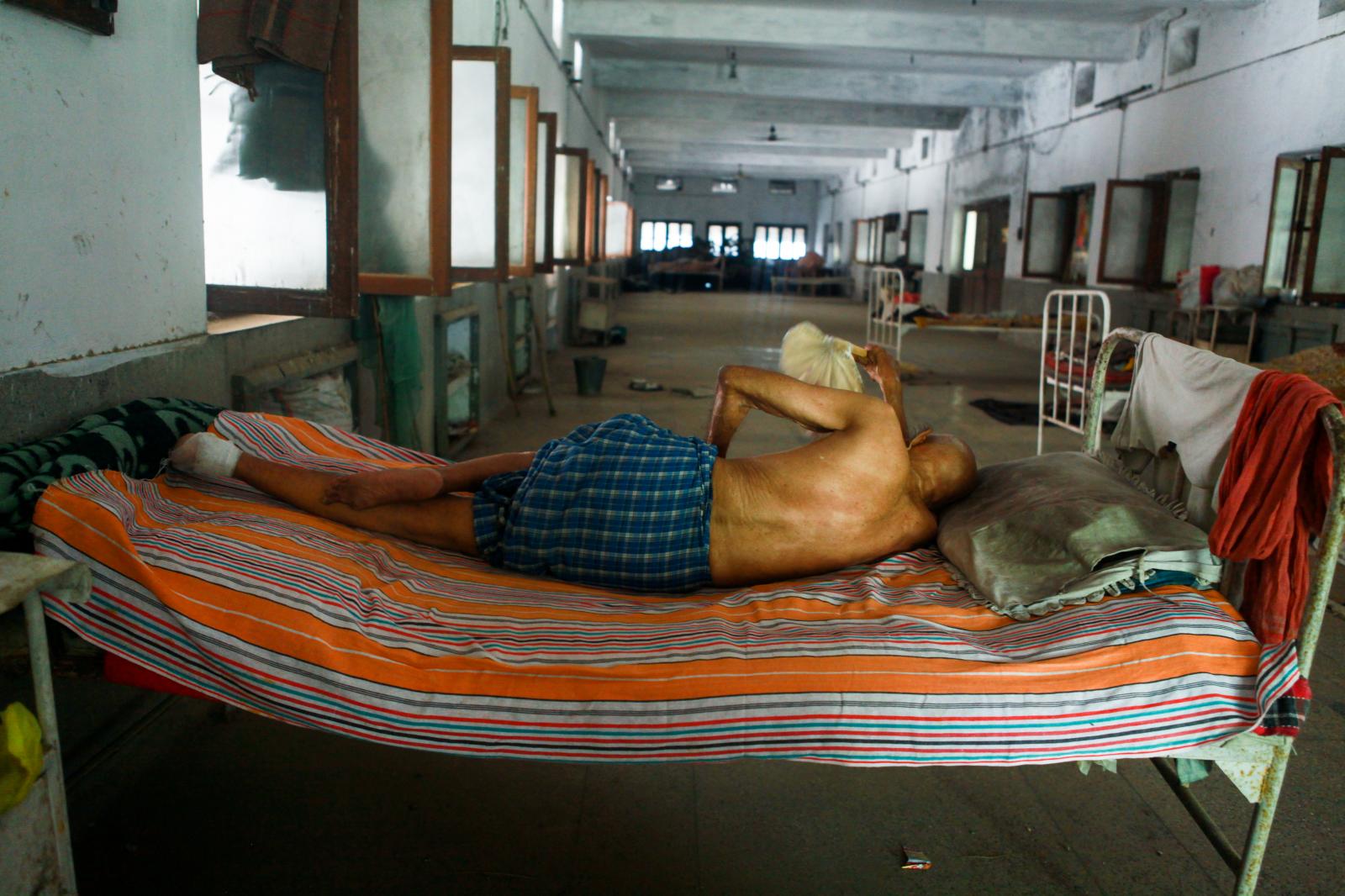Statement of Significance and Impact
Statistical Information
According to the World Health Organization ”leprosy is caused by a slow-growing bacillus, Mycobacterium leprae. It is transmitted via droplets from the nose and mouth of untreated patients with severe disease, but is not highly infectious. If left untreated, the disease can cause nerve damage, leading to muscle weakness and atrophy, and permanent disabilities. Leprosy can be easily treated with a 6–12-month course of multidrug therapy. Official figures from 127 countries from 5 WHO regions show the global registered prevalence of leprosy to be at 208 619 cases at the end of 2018.”
Main Goal
At the same time, systematic discrimination contributes to the fact that people who have the initial symptoms of the disease refuse to visit hospitals to establish the correct diagnosis, led by the fear of being excluded from society and the family. As a result, there are consequences in the form of an indirect transmission of the disease and subsequent disability. In this regard, the main goal of the project is to educate a wide audience, rise awareness towards leprosy disease and people, who suffered by that diagnoses and, as a result, a gradual change in stereotypical perception by society regarding people suffering from leprosy and their families which helps to establish a more humane and compassionate society as a whole.
I have been working on this project for several years in Russia, India, Ethiopia, Nepal, Brazil, but I still need to visit countries for a wide project scope: Bangladesh, Indonesia, South Sudan, Somalia, Philippines and Democratic Republic of the Congo. Working on a project I realized that these people are hidden in silence, they are invisible and neglected to some part of the society and to main government programs and services.
For that reason, this project is trying to make explicit and visible what is usually unseen and wrapped up in stigma and discrimination.



































